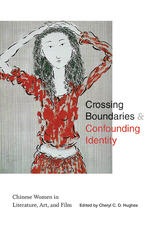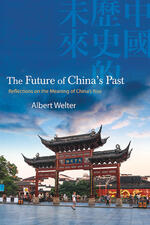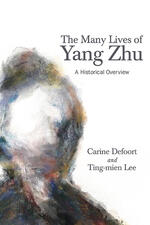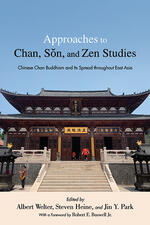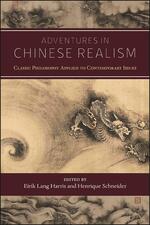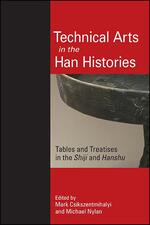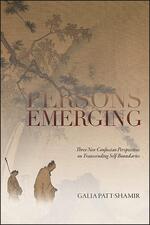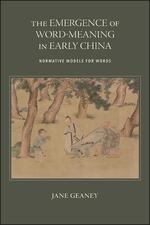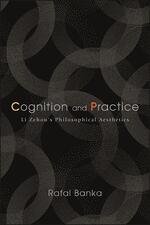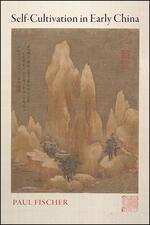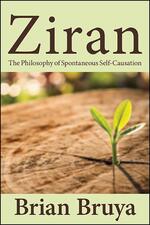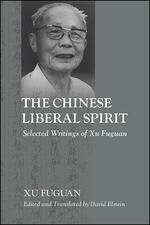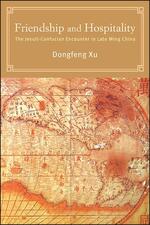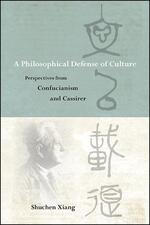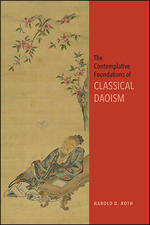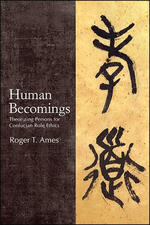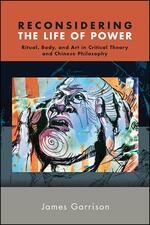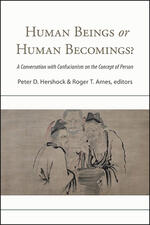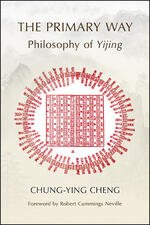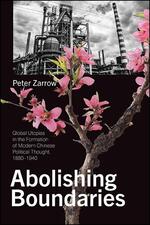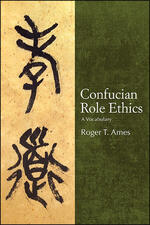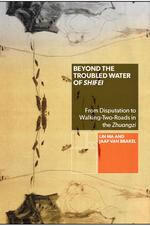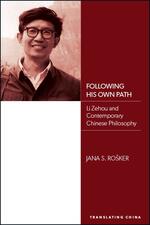Chinese Religion and Philosophy
Crossing Boundaries and Confounding Identity
Examines literary, historical, and cultural portrayals of Chinese women, across centuries and continents.
Confucian Liberalism
Offers a renovated form of Confucian liberalism that forges a reconciliation between the two extremes of anti-Confucian liberalism and anti-liberal Confucianism.
The Future of China's Past
Addresses the question of China's rise and what it portends for the future.
The Many Lives of Yang Zhu
Presents the most important portrayals of the Daoist master Yang Zhu throughout Chinese history, from the Warring States period until today.
Approaches to Chan, Sŏn, and Zen Studies
A comprehensive treatment of the shared traditions of Chan, Sŏn, and Zen in dynamic interaction across East Asia, acknowledging the changing and growing parameters of the field of Zen studies.
A Conceptual Lexicon for Classical Confucian Philosophy
Uses a comparative hermeneutical method to explain the most important terms in the classical Confucian philosophical texts, in an effort to allow the tradition to speak on its own terms.
Adventures in Chinese Realism
Relates Chinese Realism to contemporary political and ethical challenges, such as in international relations and the morality of the public sector.
Technical Arts in the Han Histories
The first concerted attempt to analyze how the histories Shiji and Hanshu described the technical arts as they were applied in vital areas of the administration of pre-Han and Han China.
Persons Emerging
Offers three neo-Confucian understandings of broadening the Way as broadening oneself, through an ongoing process of removing self-boundaries.
The Emergence of Word-Meaning in Early China
Posits the origin of a specifically Chinese concept of “word-meaning,” and sheds new light on the linguistic ideas in early Chinese philosophical texts.
Cognition and Practice
Explores the aesthetic theory of one of China's most important and influential contemporary philosophers.
Self-Cultivation in Early China
An introduction to ancient Chinese ideas on how to live a good life.
Ziran
The ancient concept of spontaneous self-causation (ziran) from Daoism opens a path to understanding human action as self-organizing, attention as effortless, and art as somatic.
The Chinese Liberal Spirit
The first English-language translation of an important figure in modern Confucian thought.
Friendship and Hospitality
Offers a comparative and deconstructive reading of the cross-cultural encounter between the Jesuits and their Confucian hosts in late Ming China.
A Philosophical Defense of Culture
Draws on two different but strikingly similar streams in our world tradition to argue for the contemporary philosophical relevance of “culture.”
The Contemplative Foundations of Classical Daoism
Brings early Daoist writings into conversation with contemporary contemplative studies.
Human Becomings
Offers an in-depth exposition of the Confucian conception of persons as the starting point of Confucian ethics.
Reconsidering the Life of Power
Offers a compelling intercultural perspective on body, art, self, and society.
Human Beings or Human Becomings?
Argues that Confucianism and other East Asian philosophical traditions can be resources for understanding and addressing current global challenges such as climate change and hunger.
The Primary Way
A unique work on the underlying ontology, cosmology, and moral philosophy of the Yijing.
Abolishing Boundaries
Offers new perspectives on modern Chinese political thought.
Confucian Role Ethics
Argues that the only way to understand the Confucian vision of the consummate moral life is to take the tradition on its own terms.
Beyond the Troubled Water of Shifei
Offers the first focused study of the shifei debates of the Warring States period in ancient China and challenges the imposition of Western conceptual categories onto these debates.
Following His Own Path
Critically introduces the philosophical system of Li Zehou, one of the most significant modern scholars of Chinese history and culture.
